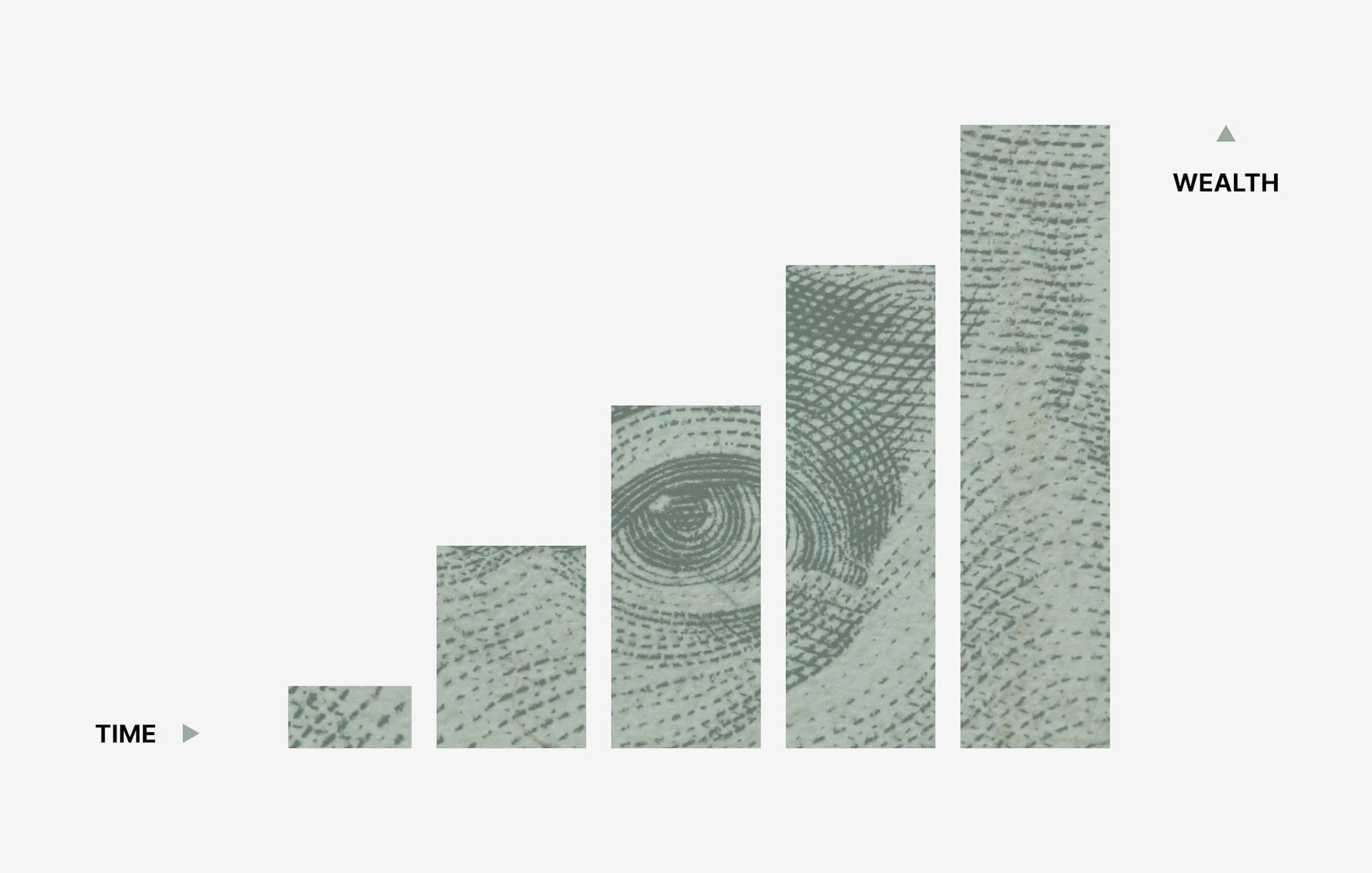Retirement Planning
5
min read
Pension withdrawal age: When and how to access pension

Jayant Walia
November 11, 2025

Pensions remain a primary method for workers to save for retirement. However, the rules, regulations, and timelines for accessing your funds can vary by account type. Knowing your pension withdrawal age helps you avoid penalties and plan for life after full-time work.
In the U.S., the standard age for taking penalty-free distributions from most tax-advantaged retirement accounts is 59½. This includes 401(k)s and traditional individual retirement accounts (IRAs). Some workplace pensions and defined benefit plans offer different age thresholds.
Many workers wonder whether they can cash out a pension early due to emergencies or early retirement. The short answer is yes, but if you don’t qualify for an IRS exemption, penalties and taxes may apply.
Read on to learn more about pension withdrawal age, including the financial complications and the situations that allow you to withdraw your pension early.
{{key-takeaways}}
Can I withdraw my pension before retirement?
In general, you can’t withdraw from your pension before you retire if you’re under the age of 59½, except in specific circumstances. Most retirement accounts discourage early withdrawals and promote long-term saving. The IRS uses penalties to reinforce this goal.
If you withdraw from your pension before 55 — or at any point before 59½ — you’ll typically face a 10% early withdrawal penalty unless you qualify for an IRS exemption. Most qualified plans, including 401(k)s and IRAs, impose this penalty based on the taxable portion of your withdrawal. You’ll also have to pay federal and state income taxes depending on the account type.
Watch out for pension scams
Be cautious of any offer claiming you can avoid early withdrawal penalties. Scammers target retirees by exploiting confusion around pension rules. They promote fake early access or “pension liberation” schemes that promise upfront cash in exchange for transferring your funds to questionable investments. These fraudulent operations can wipe out your savings and create legal problems.
If an offer seems too good to be true, treat it as a red flag. Legitimate plans don’t promise shortcuts or guaranteed penalty-free withdrawals beyond IRS-approved exemptions. Always verify an early access proposal through your plan and/or the IRS. Report any suspicious offers to the authorities.
When can I take my private pension?
For most Americans, private pension plans, typically allow penalty-free withdrawal starting at the age of 59½. Taxes still apply to pre-tax contributions and earnings.
For defined benefit plans, you can typically access your funds between ages 60 and 65, based on your plan's rules. While some plans may permit earlier distributions with reduced retirement benefits, withdrawing before the designated age typically carries penalties unless specific IRS exceptions are met.
At withdrawal, you can choose a lump sum or annuity-style payouts for steady income – depending on the plan. When you reach age 73, required minimum distributions (RMDs) begin for traditional plans. If you don’t withdraw the minimum amount, the IRS may impose penalties.
Pension providers usually contact participants as they near eligibility. If you’re approaching retirement age, watch for updates from your plan administrator.
Situations where early pension withdrawal is allowed
While the IRS generally discourages early withdrawals from your retirement savings, there are certain cases when you can access your pension before age 59½. The following exemptions can waive the 10% penalty but not income taxes.
Disability retirement
You may withdraw from your pension early if you have a permanent disability. This exemption applies to early withdrawals from 401(k)s, IRAs, and pensions.
To qualify under IRS rules, you must have a physical or mental condition that prevents you from engaging in any substantial gainful activity. The condition must last at least 12 months or result in death, and often requires a doctor's verification.
Terminal illness
If you’re diagnosed with a terminal illness, you may qualify for early pension access under compassionate grounds. To qualify, a licensed physician must certify that the account holder has an illness or physical condition that can be reasonably expected to result in death. Some plans define terminal illness as having a life expectancy of 84 months or less.
Hardship situations
Certain hardship situations may also qualify for penalty-free early withdrawals. These include unreimbursed medical expenses, court-ordered distributions, and permanent disability. The IRS strictly regulates all exemption cases and must meet specific criteria.
{{inline-cta}}
Retirement planning beyond pensions: Consider annuities
Pensions can be a cornerstone of retirement savings. But they may not cover all your retirement needs. That’s why many retirees turn to annuities for additional financial security.
Annuities as guaranteed income
A major benefit of an annuity is guaranteed income, often for life. Fixed annuities lock in rates for steady growth, while indexed options tie interest growth to market performance with downside protection. Annuities can be ideal for filling in income gaps during the years before Social Security or RMDs kick in, and they also can help mitigate longevity risk — ensuring you don't outlive your savings.
Gainbridge annuity options
Gainbridge is a modern, digital-first annuity provider that aims to simplify annuity planning and can help you build long-term financial security. Our platform offers a range of annuity options designed to fit different retirement timelines and income goals.
There are no middlemen, hidden fees, or commissions. Gainbridge lets you purchase annuities online directly from the insurance carrier. This helps keep costs low. We also provide tools to help you find the right annuity for your needs.
Explore your annuity options with Gainbridge
Whether you have a defined benefit plan or a collection of private accounts, it’s important to understand pension withdrawal age and the consequences of tapping into your retirement funds before age 59½. Only consider early pension withdrawals — such as for disability or hardship — after reviewing tax consequences and confirming IRS exemptions.
To see the different types of annuities available to complement your pension and other retirement savings, explore Gainbridge today to discover annuities with no hidden fees that can be tailored for lasting income.
This article is intended for informational purposes only. It is not intended to provide, and should not be interpreted as, individualized investment, legal, or tax advice. For advice concerning your own situation please contact the appropriate professional. The GainbridgeⓇ digital platform provides informational and educational resources intended only for self-directed purposes. Guarantees are backed by the financial strength and claims-paying ability of the issuer.
Maximize your financial potential
with Gainbridge
Start saving with Gainbridge’s innovative, fee-free platform. Skip the middleman and access annuities directly from the insurance carrier. With our competitive APY rates and tax-deferred accounts, you’ll grow your money faster than ever.
Learn how annuities can contribute to your savings.

Individual licensed agents associated with Gainbridge® are available to provide customer assistance related to the application process and provide factual information on the annuity contracts, but in keeping with the self-directed nature of the Gainbridge® Digital Platform, the Gainbridge® agents will not provide insurance or investment advice

Explore different terms and rates
See how your money can grow with Gainbridge
Try our growth calculator to see your fixed return before you invest.















